By Keisha Hines
A special delivery of some of the world’s rarest reptiles has arrived in the Southeast. Eight critically endangered ploughshare tortoises are now residents of Zoo Atlanta and Knoxville Zoo, and may represent the last hope for a species marked for extinction.
Widely considered the world’s most endangered tortoise species, ploughshare tortoises are native only to the island of Madagascar. Despite a concentrated recovery program begun in 1986 by the Durrell Wildlife Conservation Trust, the population continues to founder due to the combined effects of illegal commerce and habitat destruction. Ongoing demand on a global black market, where ploughshare tortoises are often sold to collectors at higher than the price of gold, may have reduced their numbers to as few as 400 individuals.
In 2008, the Recovery Plan Workshop for the Ploughshare Tortoise suggested the establishment of a captive population outside Madagascar. The founders of that population, a group of 10 tortoises confiscated from illegal traders in Hong Kong and Taipei, were imported to the U.S. by the Turtle Conservancy/Behler Chelonian Center.
Now, a second group of eight ploughshare tortoises have recently been imported to the U.S. by the Turtle Survival Alliance, a nonprofit organization committed to zero turtle extinctions. The tortoises arrived thanks to the cooperation of the TSA’s strategic partner Kadoorie Farm and Botanic Garden, as well as the Agriculture, Fisheries, and Conservation Department that initially confiscated the ploughshares entering Hong Kong illegally. The tortoises will be housed at Zoo Atlanta and Knoxville Zoo, with oversight from the Association of Zoos and Aquariums’ (AZA) Species Survival Plan (SSP), which manages the breeding and placement of the species in zoos accredited by the AZA. Zoo Atlanta and Knoxville Zoo each received four ploughshare tortoises, which will be on public view later this spring in Knoxville.
“We are proud and honored that Zoo Atlanta and Knoxville Zoo have been specifically chosen to house and reproduce a new U.S.-based population of ploughshare tortoises, given the outstanding reputations both of our organizations have for success in breeding critically endangered turtles,” said Dwight Lawson, PhD, Deputy Director, Zoo Atlanta, and Vice President of the Turtle Survival Alliance. “This species is probably more numerous on the black market than it is in the wild. This represents a far broader and more alarming problem, not just for ploughshare tortoises, but for so many other turtle species now being decimated by overharvesting for food and the pet trade.”
Should ploughshare tortoises reproduce at Zoo Atlanta and Knoxville Zoo, the event would mark the latest in a series of successes in reproducing other rare species threatened by the Asian turtle crisis. In 2007, Zoo Atlanta became the first zoological facility to breed Arakan forest turtles, and in 2010, became just the second AZA institution to successfully reproduce impressed tortoises. Knoxville Zoo was the first zoo to successfully breed Madagascar flat-tailed tortoises in 2002 and Northern spider tortoises in 2008.

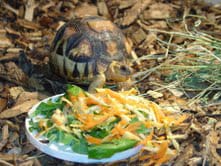
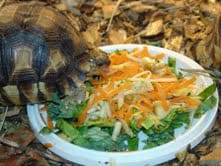
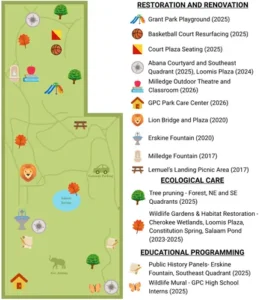
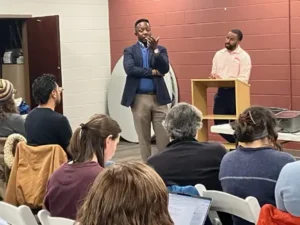
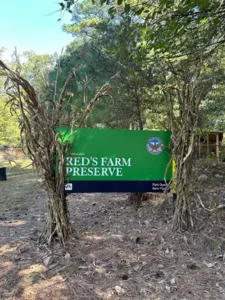
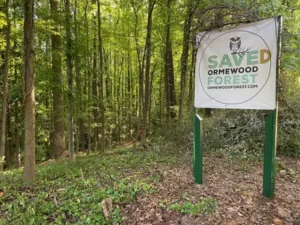

Comments are closed.